Cross Offer and Counter Offer
In contract law, a cross-offer occurs when two parties simultaneously make offers to each other without either party accepting the other's offer. This situation can create uncertainty about whether a contract has been formed. This note discusses the concept of cross offers under the Indian Contract Act, 1872, and reviews some landmark judgments related to cross offers.
Section 2(a) of the Indian Contract Act, 1872, defines an offer as:
"When one person signifies to another his willingness to do or to abstain from doing anything, with a view to obtaining the assent of that other to such an act or abstinence, he is said to make a proposal."
What is a Cross Offer?
A cross offer occurs when two parties make offers to each other simultaneously or nearly simultaneously, with neither party accepting the other's offer. In this scenario, no contract is formed as there is no mutual acceptance.
Tinn v Hoffman - In this case (1873), the parties, Tinn and Hoffman, were negotiating the sale of iron goods. Tinn sent a letter offering to sell the goods to Hoffman at a specific price, while Hoffman replied with a letter offering to buy the goods at a different price. Neither party accepted the other's offer. The court held that no contract existed since neither party had accepted the other's offer.
Bhagwandas Goverdhandas Kedia v. Girdharilal Parshottamdas and Co. - In this case (1966), the plaintiff and the defendant exchanged letters negotiating the sale of certain goods. The plaintiff offered to sell the goods, and the defendant countered with an offer to buy the goods at a lower price. Neither party accepted the other's offer. The court held that no contract was formed, as both parties had made cross offers without mutual acceptance.
Counter Offers
A counteroffer occurs when the offeree responds to an initial offer by proposing different terms. This action effectively rejects the original offer and presents a new proposal, indicating a willingness to negotiate under these new terms. A counteroffer changes the terms of the original offer and creates a new offer altogether.
Example: If Party A offers to sell a car to Party B for $10,000, and Party B responds by offering $9,000 instead, Party B has made a counteroffer. This action rejects the original offer and proposes a new set of terms. Once a counteroffer is made, the original offer is terminated and cannot be accepted unless the original offeror accepts the counteroffer.
Hyde v Wrench (1840) - Wrench offered to sell his farm to Hyde for £1,000. Hyde responded with a counteroffer of £950, which Wrench rejected. Subsequently, Hyde attempted to accept Wrench's original offer of £1,000. However, Wrench refused to proceed with the sale. The court held that no contract existed because Hyde's counteroffer of £950 had terminated the original offer of £1,000. Thus, Hyde's subsequent attempt to accept the original offer was invalid, as the original offer was no longer available for acceptance.
Cross Offer vs. Counter Offer
| Aspect | Cross Offer | Counter Offer |
|---|---|---|
| Definition | Simultaneous offers made by two parties without knowledge of the other’s offer. | Response to an initial offer proposing different terms. |
| Acceptance | No acceptance, as both parties are offering terms simultaneously. | Rejects the original offer and proposes new terms. |
| Result | No contract is formed due to lack of acceptance. | Original offer is terminated; new offer is proposed. |
| Example | Party A offers to sell a car for $10,000 at the same time Party B offers to buy the car for $10,000. | Party A offers to sell a car for $10,000, Party B counteroffers with $9,000. |
| Legal Status | No binding contract, as there is no clear acceptance. | New offer must be accepted for a contract to be formed. |
| Key Case Law | Lalman Shukla v. Gauri Dutt (1913), Bengal Coal Co v Homee Wadia & Co (1909) | Hyde v. Wrench (1840) |
| Termination of Original Offer | Original offer remains unaccepted, and both offers are independent. | Original offer is terminated by the counter-offer. |
| Formation of Contract | No contract, as neither offer is accepted. | Contract is formed only if the counter-offer is accepted. |
| Intent | Both parties intend to offer the same terms, but no mutual agreement. | The offeree proposes new terms, indicating a willingness to negotiate. |
Share
Related Post
Tags
Archive
Popular & Recent Post











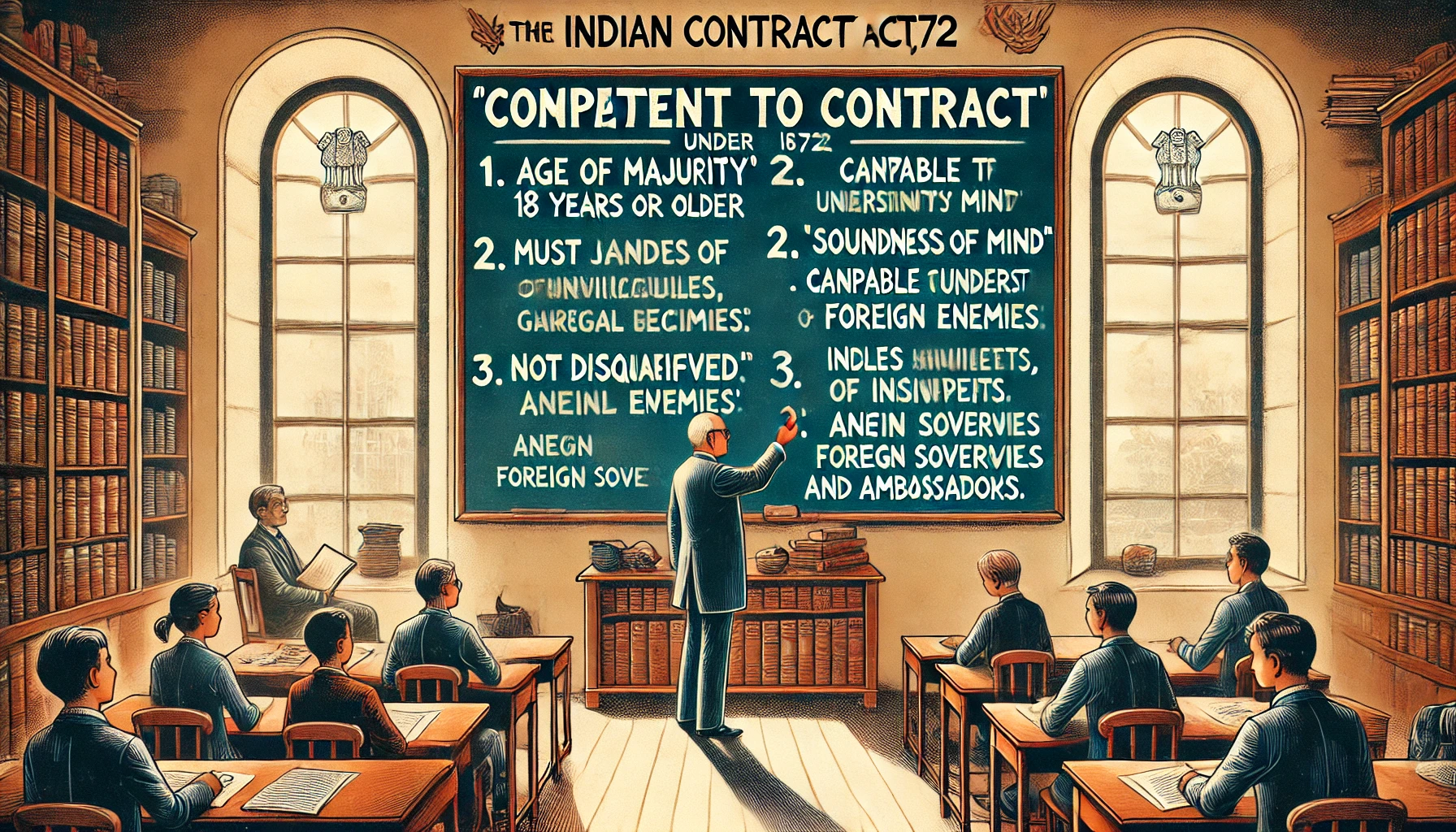

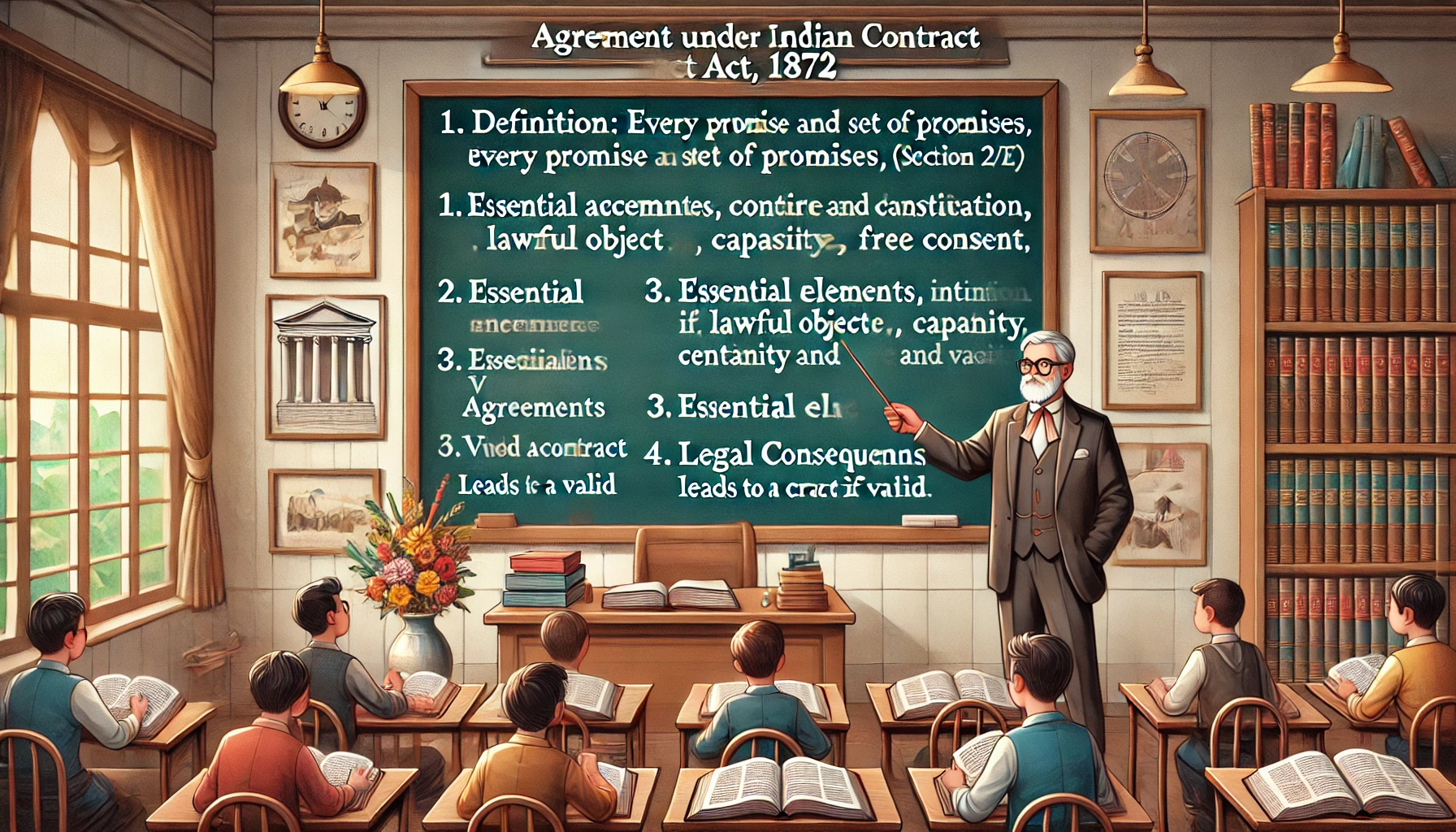

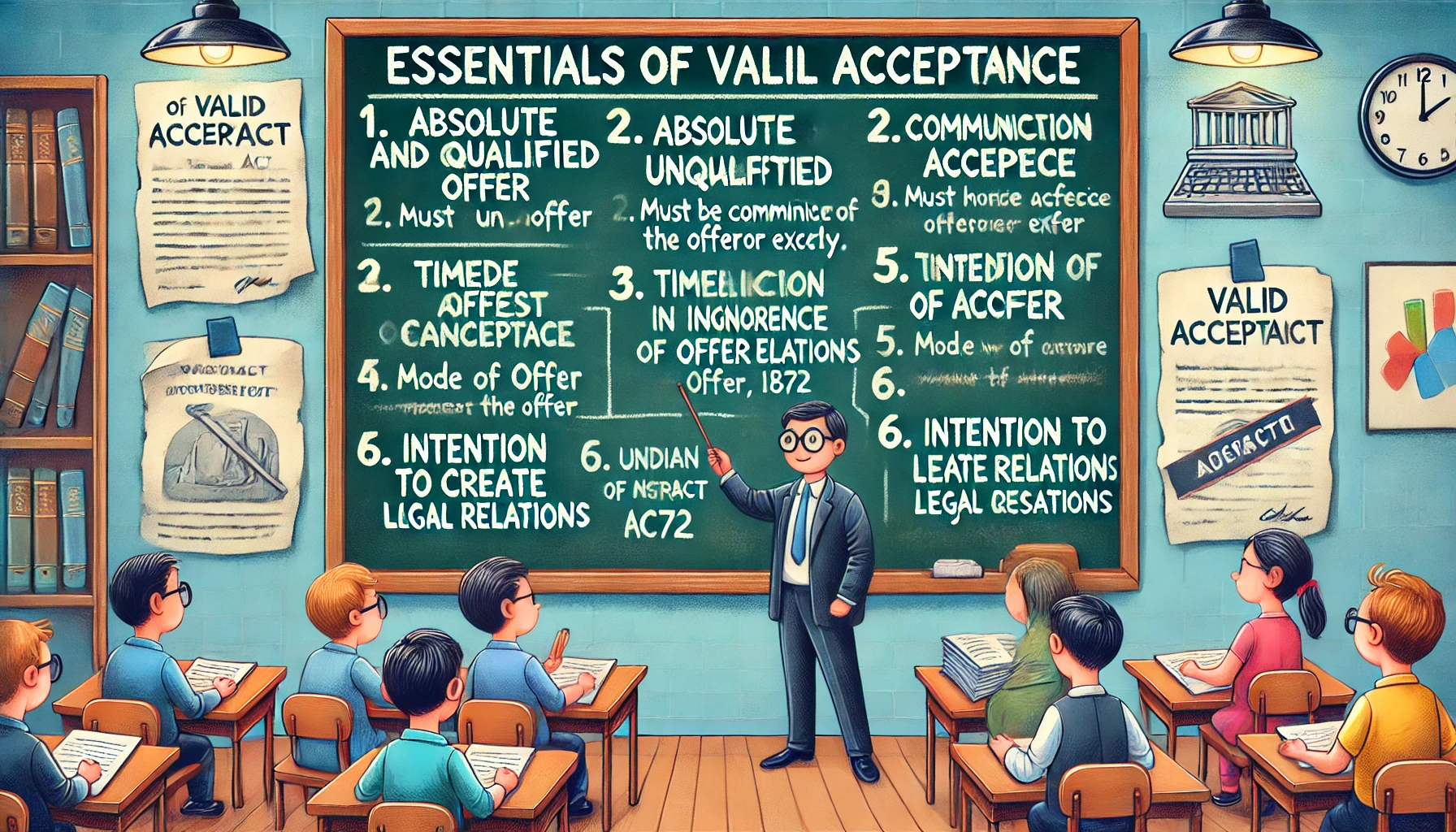


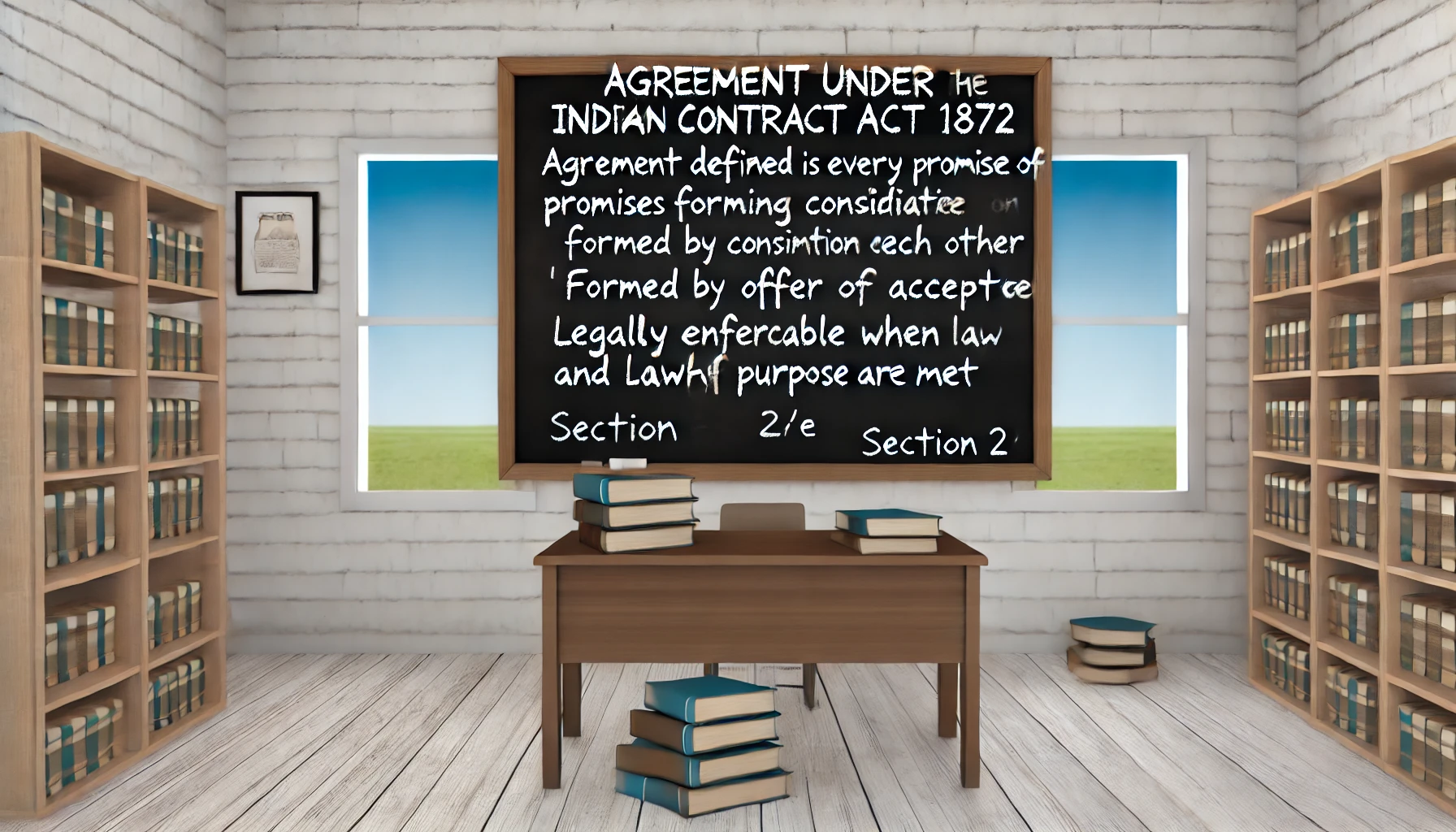

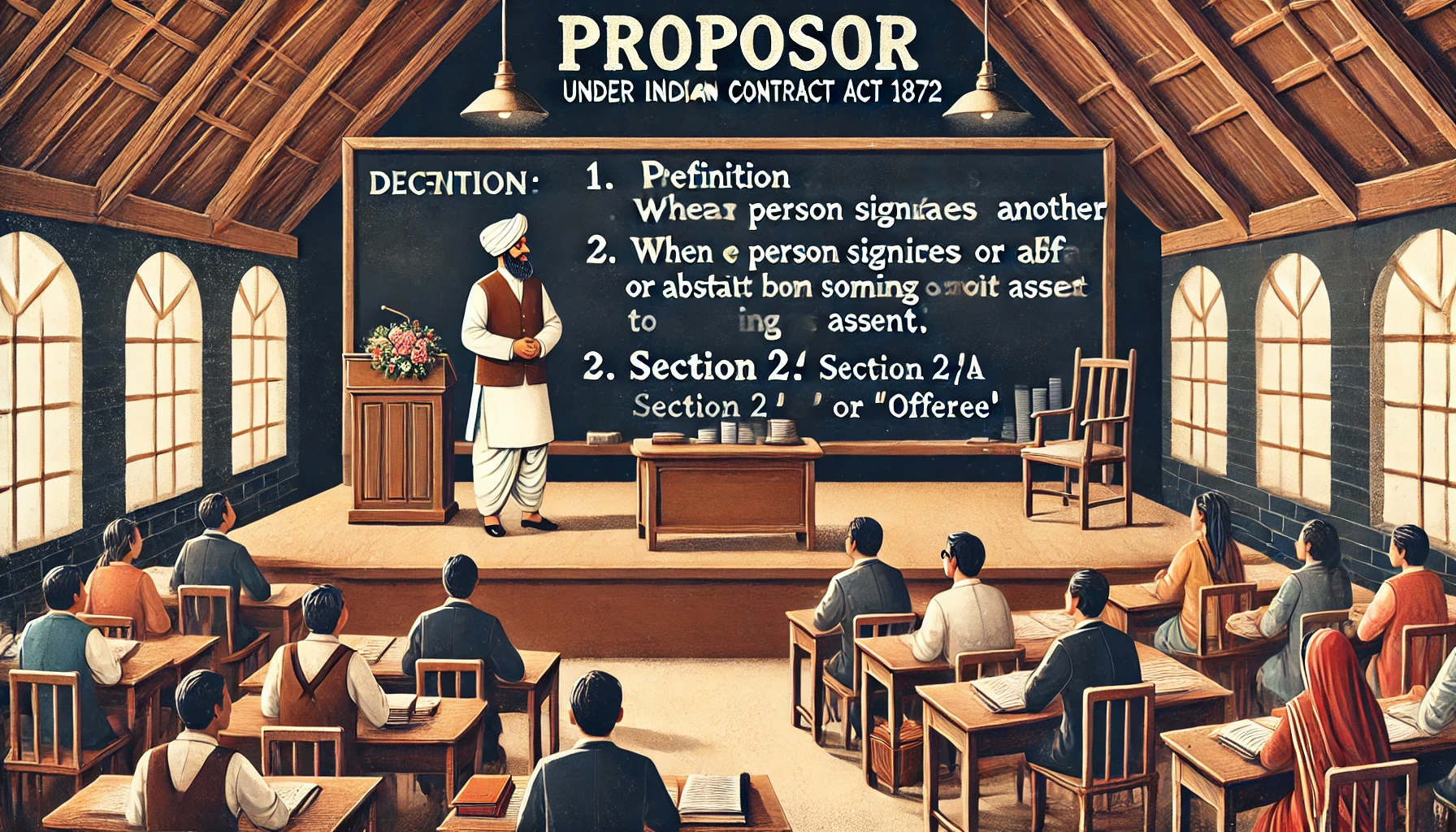






























































































Comment
Nothing for now